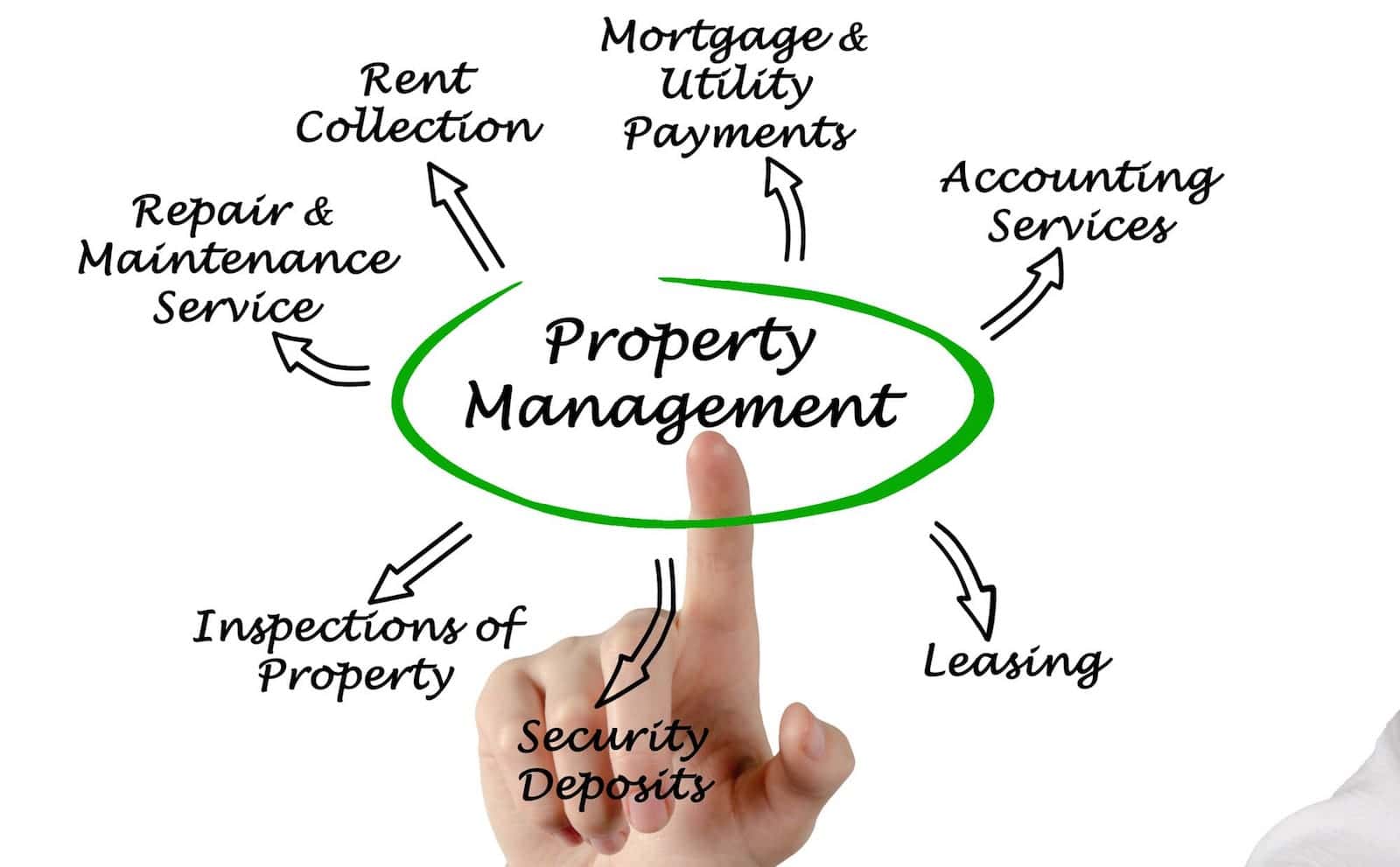In the dynamic world of real estate, property managers and landlords often find themselves at the crossroads of decision-making when it comes to lease renewals and re-leasing. Navigating this process with finesse can contribute not only to tenant satisfaction but also to the overall success of property management. In this blog, we will delve into some best practices for renewal and re-leasing that can ensure a smooth and positive experience for both property owners and tenants.
Proactive Communication
The key to successful renewals and re-leasing lies in proactive communication. Engaging with tenants well before the lease expiration date allows property managers to understand their plans and preferences. This open dialogue fosters a positive landlord-tenant relationship and provides valuable insights into any potential issues that may need addressing.
Lease Evaluation and Adjustments
Before initiating the renewal process, it’s essential to evaluate the existing lease terms. Consider market trends, comparable rents, and the condition of the property. If necessary, be open to negotiating terms and making adjustments that align with both parties’ needs. Flexibility and a willingness to compromise can go a long way in ensuring a mutually beneficial agreement.
Streamlined Renewal Procedures
Simplify the renewal process for both tenants and property managers. Utilize digital platforms and tools to streamline paperwork and documentation. Offering online lease renewals and document signing not only saves time but also enhances the overall tenant experience. A user-friendly approach can contribute to higher renewal rates.
Tenant Retention Strategies
Investing in tenant retention is often more cost-effective than acquiring new tenants. Implement strategies such as timely maintenance, addressing concerns promptly, and offering incentives for lease renewals. Loyalty programs, discounted rates, or property upgrades can be enticing incentives that encourage tenants to stay.
Market Research and Competitive Pricing
Stay informed about market trends and comparable properties in the area. Conducting thorough market research allows property managers to set competitive rental rates that reflect the property’s value. Pricing that aligns with market standards increases the likelihood of lease renewals and attracts potential new tenants during re-leasing.
Regular Property Inspections and Maintenance
Maintaining the property in excellent condition is crucial for tenant satisfaction. Regular inspections and prompt resolution of maintenance issues contribute to a positive living environment, making tenants more likely to renew their leases. A well-maintained property also enhances its appeal during the re-leasing process.
Clear Communication of Renewal Options
When communicating renewal options, be transparent about any changes in terms or conditions. Clearly outline the renewal process, including deadlines and any associated fees. Providing tenants with all the necessary information empowers them to make informed decisions and reduces the likelihood of misunderstandings.
Renewal and re-leasing best practices involve a combination of effective communication, market awareness, and a commitment to tenant satisfaction. By proactively addressing the needs of both property owners and tenants, property managers can create a positive leasing experience that fosters long-term relationships and contributes to the success of their real estate endeavors. Embrace these best practices to ensure a seamless transition and a thriving rental property portfolio.


